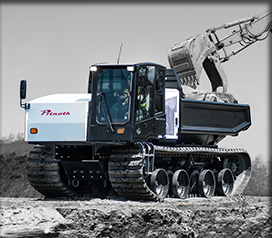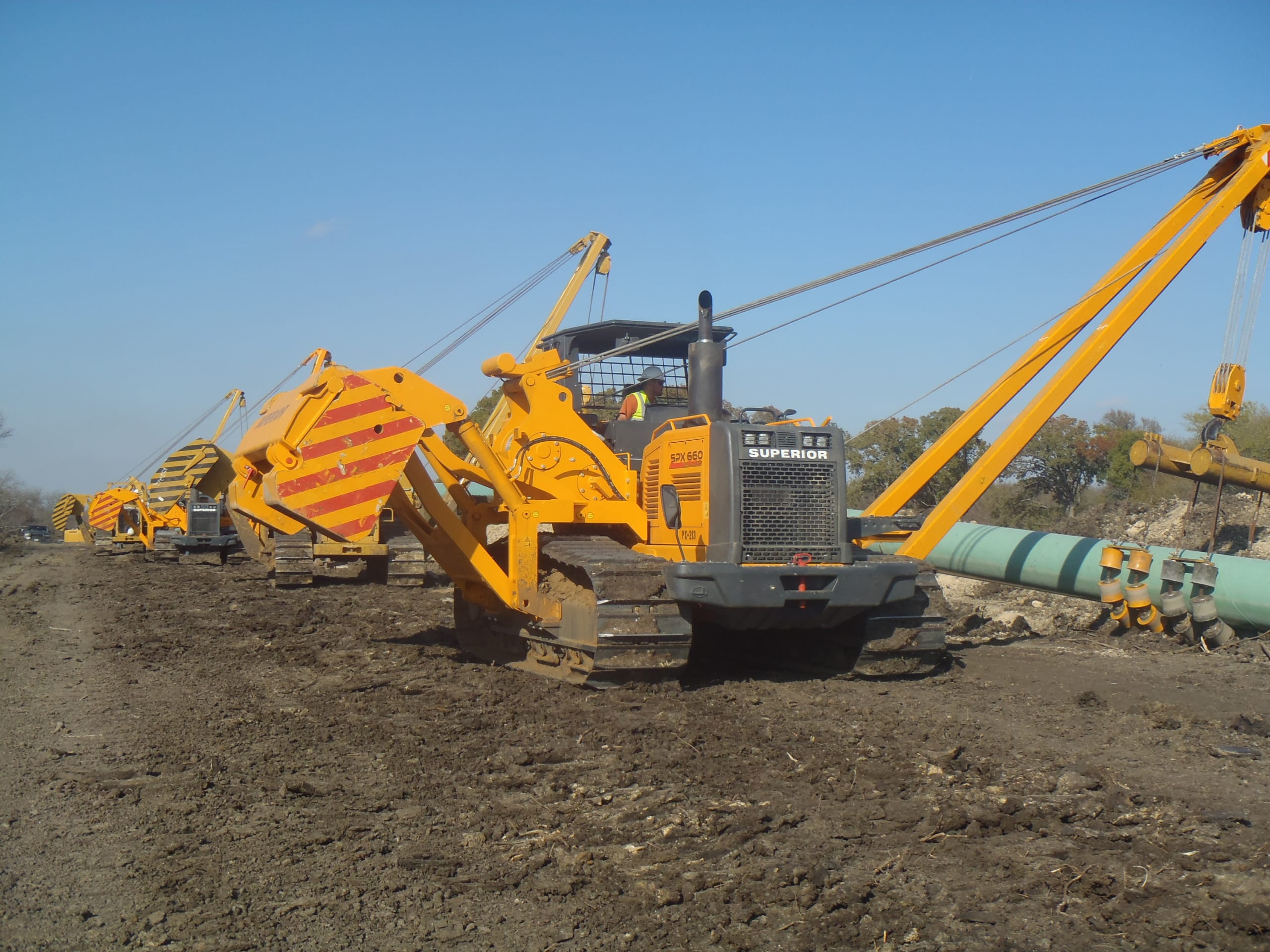Superior Oilfield Rentals Texas: company strengths
Wiki Article
A Comprehensive Guide to the Various Kinds Of Oil Field Equipment and Pipeline Equipment Available
The oil and gas market depends heavily on specific devices for effective extraction and transportation. Different types of equipment, from piercing rigs to storage space containers, play essential duties in this intricate procedure. Each item of tools serves distinct functions that add to general functional success. Recognizing these components is essential for any person associated with the field. As the market evolves, so too do the technologies that sustain it. What developments are on the perspective?
Drilling Rigs: The Backbone of Oil Expedition
Drilling rigs work as the essential equipment in the domain name of oil exploration, allowing companies to gain access to hydrocarbon gets buried deep underneath the Earth's surface area. These rigs are available in numerous types, including land rigs, offshore rigs, and mobile systems, each designed to operate in certain settings. Geared up with innovative innovation, piercing rigs can penetrate geological formations with precision, making certain efficient resource extraction. The architectural integrity and operational abilities of these rigs are critical, as they should stand up to severe problems and significant pressures. The choice of a drilling rig impacts the overall project cost and timeline, making it an essential consideration for oil business seeking to enhance their exploration efforts and take full advantage of efficiency in their operations.Pumps: Important for Fluid Movement
In the oil extraction procedure, the duty of pumps is substantial, promoting the activity of liquids throughout different stages of production. Pumps are necessary for delivering unrefined oil, water, and various other liquids from underground storage tanks to the surface area and afterwards through pipelines to refineries. They can be found in numerous types, including centrifugal, positive variation, and submersible pumps, each serving details objectives based on the fluid features and functional requirements. Centrifugal pumps are typically utilized for their performance in high-flow applications, while favorable displacement pumps excel in taking care of thick fluids. The selection of pump effects overall efficiency, operational safety and security, and maintenance prices. Appropriate selection and upkeep of pumps are important for maximizing production and minimizing downtime in oil area operations.Shutoffs: Controlling Flow and Pressure

Valves play an essential function in taking care of the circulation and stress of liquids within oil fields and pipelines. Different sorts of shutoffs serve distinctive applications, each made to accomplish particular functions basic for efficient procedure - Superior Oilfield Rentals oilfield. Understanding the attributes and uses of these valves is necessary for maximizing system efficiency and safety and security
Kinds of Valves
Important parts in oil area operations, valves play an important role in managing the circulation and stress of liquids within pipes and devices. Various sorts of shutoffs are used to meet the diverse requirements of oil and gas manufacturing. Common types consist of gateway shutoffs, which supply a straight-line flow and marginal pressure decrease; globe shutoffs, known for their strangling abilities; and round shutoffs, acknowledged for their fast on/off control. In addition, check valves prevent heartburn, while butterfly valves offer a lightweight option for regulating circulation. Each valve type is developed with details products and configurations to withstand the extreme problems usually discovered in oil fields, making certain reliability and performance in procedures. Comprehending these types is critical for efficient system monitoring.Valve Applications and Functions
While various types of valves offer unique objectives, their key applications rotate around controlling flow and stress within oil and gas systems. Shutoffs such as entrance, world, and sphere valves regulate fluid motion, making certain peak efficiency and safety and security. Entrance shutoffs are generally used for on/off control, giving minimal circulation resistance. Globe shutoffs, on the various other hand, deal specific circulation policy, making them appropriate for strangling applications. Ball shutoffs are favored for their fast procedure and limited securing abilities. On top of that, stress safety valve are important for preventing system overpressure, protecting tools honesty. On the whole, the proper option and application of shutoffs boost functional efficiency, making certain the dependable transport of oil and gas via pipes and handling facilities.Compressors: Enhancing Gas Transportation
Compressors play an important function in the efficient transport of all-natural gas, ensuring that it relocates efficiently through pipelines over fars away. These tools increase the stress of gas, enabling it to conquer friction and elevation modifications within the pipeline system. In addition, compressors promote the harmonizing of supply and need, fitting fluctuations in consumption and production prices. Various kinds of compressors are employed in the sector, consisting of centrifugal, reciprocating, and rotary screw compressors, each offering distinctive advantages based upon the functional requirements. Routine maintenance of these compressors is vital to take full advantage of performance and lessen downtime, ultimately adding to a reputable gas transportation network. Their vital function emphasizes the significance of compressors in the overall oil and gas facilities.Storage Tanks: Safe and Efficient Liquid Management
Reliable transport of all-natural gas relies upon various support group, one of which is the correct administration of storage space tanks. These storage tanks play a necessary role in safely having fluids, guaranteeing that functional effectiveness is preserved while lessening environmental risks. Created from sturdy products, they are made to stand up to high stress and destructive components. Properly sized and tactically situated, tank promote the smooth circulation of gas and other fluids, avoiding bottlenecks in supply chains. Regular upkeep and tracking are imperative to spot leakages or architectural issues, promoting safety have a peek at these guys and security and conformity with governing criteria. Ultimately, the reliable monitoring of storage space containers is essential for the general honesty and reliability of the oil and gas market's fluid handling systems.
Pipeline Equipments: Infrastructure for Transportation
Pipeline systems offer as the backbone of the oil and gas market, facilitating the effective transportation of hydrocarbons over vast ranges. These systems contain various elements, consisting of pipes, valves, pumps, and compressors, all carefully created to assure smooth flow. The materials utilized in pipeline building, often steel or high-density polyethylene, are picked for resilience and resistance to rust. Pipeline networks can extend throughout land and water, linking manufacturing websites to refineries and warehouse. In addition, advanced modern technology enables real-time monitoring of flow prices and stress levels, improving operational effectiveness. The strategic placement of these pipes decreases environmental effect while making the most of source access, thus playing a necessary role in meeting power demands globally.Security Equipment: Ensuring Worker and Environmental Protection
The procedure of pipeline systems, while essential for energy transport, also offers significant safety and security difficulties for employees and the setting. Security equipment plays a substantial role in mitigating these risks. Click Here Individual safety tools (PPE) such as headgears, handwear covers, and non-slip footwear safeguards employees from physical threats. In addition, gas detection systems keep track of for leaks, ensuring that hazardous compounds do not present a hazard to personnel or the bordering ecological community. Emergency situation closure systems are crucial for swiftly halting operations during a dilemma, stopping prospective disasters. Spill containment products, consisting of absorbents and barriers, are essential for decreasing ecological impact. On the whole, purchasing all-inclusive safety and security devices is critical for maintaining operational honesty and protecting both employees and the atmosphere in the oil and gas market.
Frequently Asked Concerns
Exactly how Do I Select the Right Oil Field Equipment for My Task?
Selecting the appropriate oil area equipment involves examining task requirements, budget constraints, and operational demands. Take into consideration factors such as tools reliability, compatibility with existing systems, and the supplier's credibility to assure peak efficiency and safety.What Are the Upkeep Demands for Oil Field Equipment?
Upkeep demands for oil field tools consist of normal assessments, lubrication, and timely repair work. Operators should likewise follow producer guidelines, screen performance metrics, and warranty compliance with safety and security regulations to improve durability and efficiency.
Exactly How Can I Make Certain Conformity With Environmental Rules?
To guarantee compliance with ecological guidelines, business need to carry out normal audits, apply best practices, invest in training, preserve appropriate documentation, and remain updated on regulation (Superior Rentals near me). Collaboration with ecological firms can likewise boost adherence to regulationsWhat Is the Average Lifespan of Pipeline Equipment?
The average life expectancy of pipeline equipment typically ranges from 20 to 50 years, depending on factors such as material top quality, environmental problems, and maintenance methods. Routine inspections can substantially affect long life and operational efficiency.Exactly how Do I Safely Transfer Oil Field Equipment to Remote Locations?
Transporting oil area devices to remote places needs cautious preparation, consisting of route evaluation, safeguarding authorizations, making use of ideal vehicles, and guaranteeing safety and security protocols are complied with. Proper training and trenchless sewer line repair communication amongst staffs are essential for effective transportation.Report this wiki page